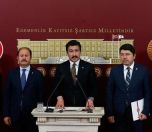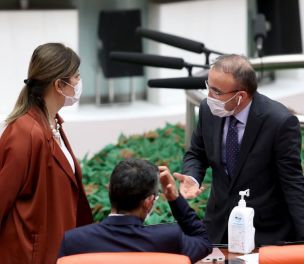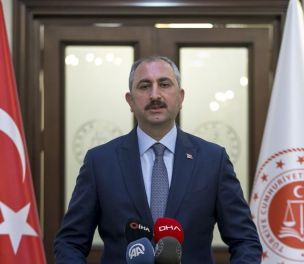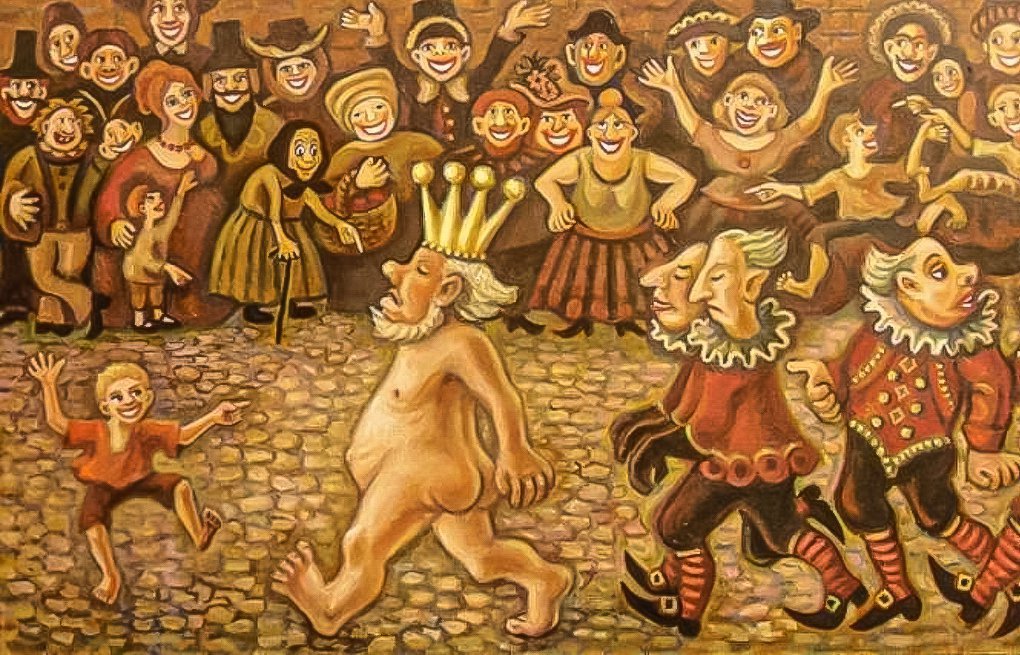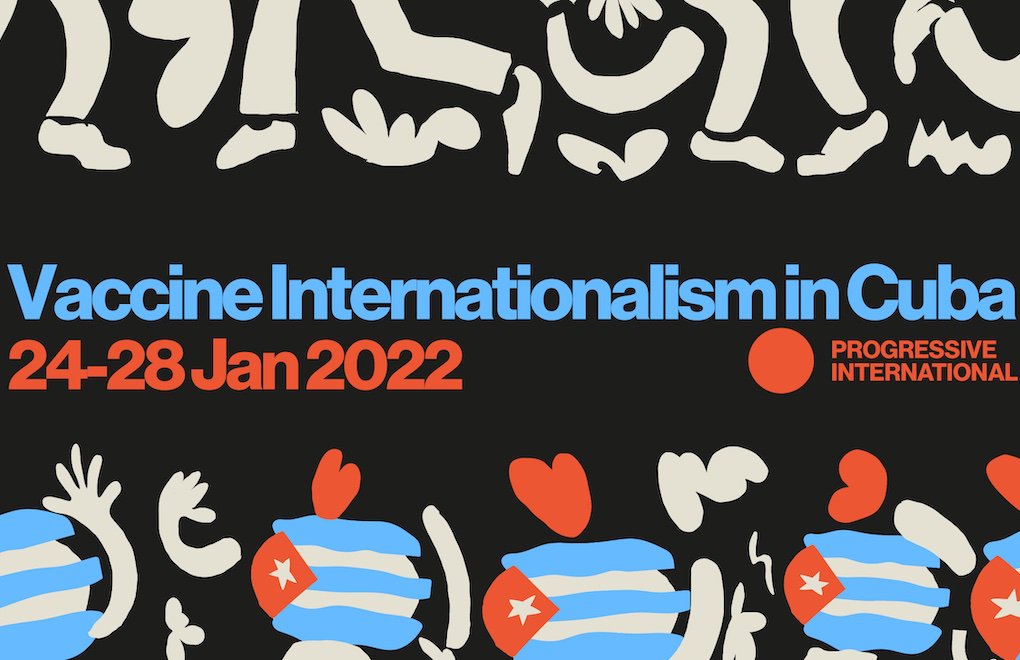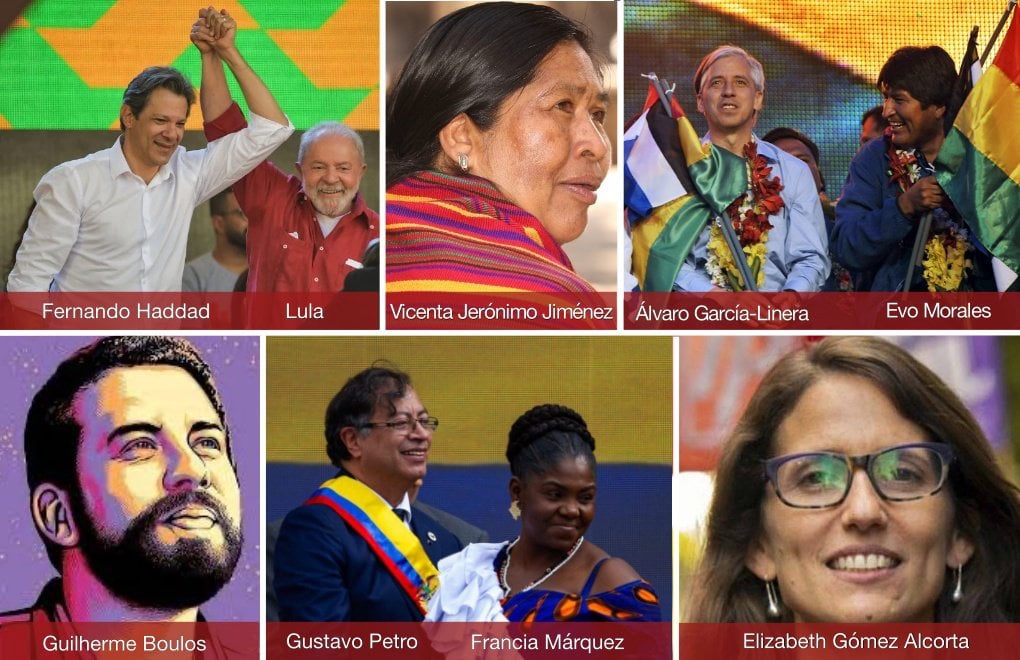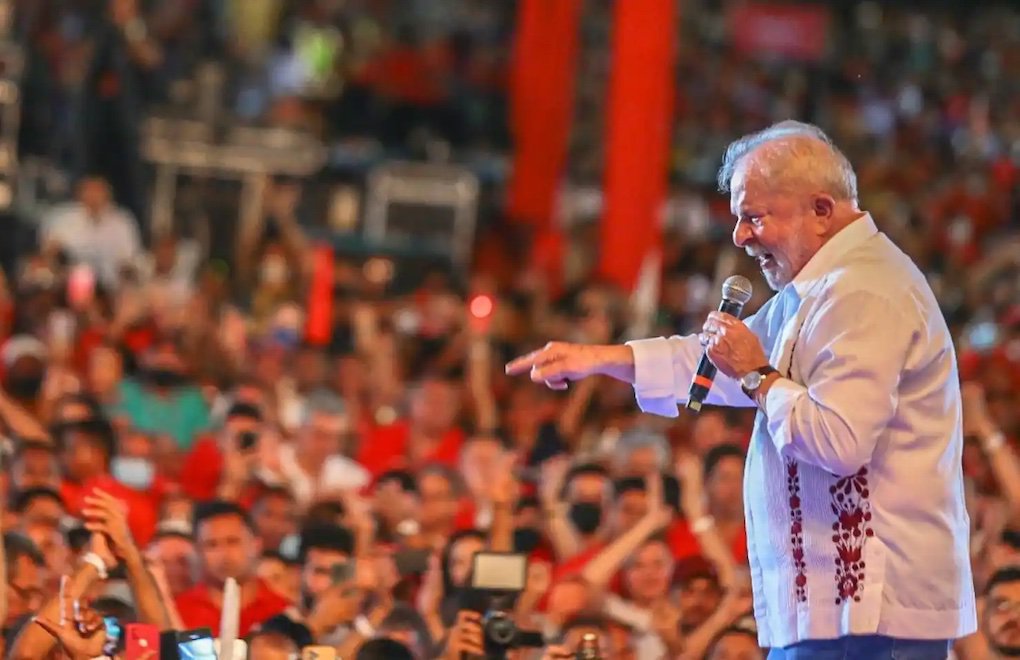* Photos: Anadolu Agency (AA)
Justice Commission of the Parliament of Turkey starts to discuss a huge package of amendments on related laws to provide considerable reduction in the prison terms of 300 thousand prisoners, today.
Moved by the ruling coalition parties (AKP-MHP) with the justification of protecting inmates from the spread of COVID-19 pandemic in Turkey's already overloaded prisons, the package, however stirs widespread controversy for discriminating against political prisoners.
During the morning debate, Cahit Özkan, and Muhammed Levent Bülbül deputy parliamentary group chairs of the coalition parties AKP and MHP refuted the claims that the government is covertly declaring an amnesty and justified the discriminative nature of the draft bill with the "necessities of public conscience". "We have taken every measure to leave crimes which have incited great indignation among the public out of the draft" Özkan said.
"Social sensitivities and national red-lines have been taken under consideration" said MHP's Bülbül, in defense of the exclusion of political prisoners from the amendments.
Ayşe Acar Başaran, Batman deputy and HDP deputy chair responsible for legal affairs criticized the ruling coalition parties with drafting the amendment in violation of Constitutional guidelines and "leading to inequality in the execution of different types of sentences."
"The so-called 'sensitivities' are not the sensitivities of the 'nation' but the preferences of the ruling parties" Başaran told during the debate. "Let's call a spade a spade, this is an amnesty", she added and criticized the government to fall behind Iran where all prisoners were relaesed in order to respond the COVID-19 epidemic "while Turkey still displays a discriminative approach."
Alpay Antmen, main opposition CHP spokesperson too designated the draft bill as a proposal for amnesty and criticized the government for excluding "criminals of thought". "We are not against an amnesty for the journalists, for criminals of thought and for those who should return back to the society," he told.
According to reporters with close contacts with President's office, Tayyip Erdoğan, during a closed meeting with Justice Minister Abdülhamid Gül, personally ordered that, "Crimes of terrorism, sexual abuse of children and women, homicide and drug trafficking should be excluded from the bill."
Among the political prisoners negatively affected by the discrimination are thousands of inmates under pre-trial detention or already convicted for charges of affiliation with the Kurdistan Workers Party (PKK), many thousands of rank and file members, officials and deputies and leaders of Peoples' Democratic Party (HDP) and tens of thousands of other inmates who are charged with involvement in the failed coup of 2016, allegedly led by the Fettulah Gülen sect, and journalists and writers who have been charged with "spreading terrorist propaganda."
Justice Minister Abdülhamid Gül in a televised speech in 2018 had reported that 50 thousand of Turkey's then 250 thousand inmates were held for "terrorism related offences". The figure is estimated to increase as these groups have remained under constant crack-down.
Turkey's opposition circles, human rights activists and prominent law specialists and public opinion leaders are urging for or an equal and fair legislation to include the political prisoners who are tried and/or convicted under Turkey's ambiguous anti-terror laws and deliberately excluded from amendments particularly justified with protecting them from the rampant COVID-19 pandemic.
Turkey's Human Rights Association (İHD), relying on a 2006 report and recommendations by Martin Scheinin, special UN rapporteur for Human Rights and Counter Terrorism, criticizes that the definition of terrorism in Turkey's "Law for Combatting Terrorism" is based on purpose or aim rather than certain types of criminal activity. According to the UN rapporteur this definition is "ambiguous and extended. In certain cases persons or organisations can be charged with terrorism in spite that they have not been involved in any kind of terrorist activity."
"And this is the case in Turkey." argues İHD in a special report on the draft law under discussion. "Journalists, writers, academics, artists, women's rights activists, human rights activists, mayors, parliamentary deputies, politicians and students are charged with terrorism."
İHD proposes a thorough amendment in Turkey's "anti-terror" laws instead and urges the draft revised to include cases based on expression of opinions and political criticism in the forthcoming legislation.
The ruling coalition's draft bill proposes amendments in eleven different laws in Turkish legislature including The Law on Enforcing Sentences and Security Precautions, Turkish Penal Code and The Law on Penal Trials.
The draft literally excludes "criminals of terrorism" from the major amendment which envisages the release of all prisoners who have completed 1/2 of their total prison term. Those incarcerated under Turkey's ambiguous "anti-terror" laws will have to spend 3/4 of their prison term in jail exempt of parole as usual.
Should the bill pass the Commission as is, tens of thousands of convicts of second degree homicide, organized crime, theft, burglary, corruption and fraud will be immediately released while political opponents of the government will continue to stay behind bars as prisons remain under the impending threat of COVID-19 contamination. (EK/SD)






kscms.jpg)
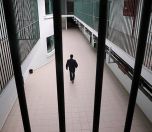
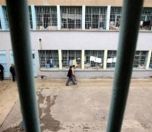

djnejvn.jpg)

